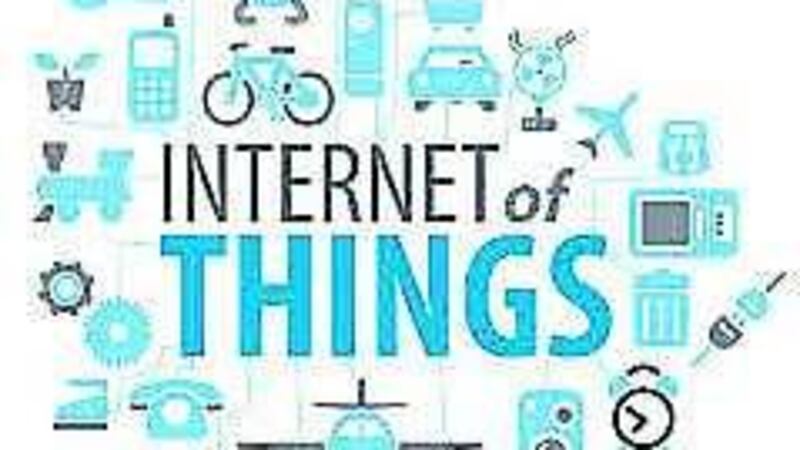LAST month in this column I discussed the term 'the Internet of Things', what it was all about and its potential within our businesses. Now I want to suggest the main attributes that make "things" a part of the Internet of Things, or IoT and their relevance.
* Sensors: IoT devices and systems include sensors that track and measure activity in the world. One example is Smartthings' open-and-close sensors that detect whether or not a drawer, window, or door in your home or office is open or closed.
* Connectivity: The ability to connect to the internet is either contained in the item itself, or a connecting device, smartphone, or base station. If it's the latter, then the base station will likely be collecting data from an array of sensor-laden objects, and relaying data to the cloud and back.
* Processors: Just like any
computing device, IoT devices will contain some computing power "under the hood," if only to be able to analyse incoming data and transmit it. These characteristics all apply to today's smartphones, of course, but many IoT devices will also need to be equipped with several special features to be truly useful. These will differentiate IoT devices, particularly remote ones, from today's smartphones.
* Energy-efficiency: Many devices in the IoT may be difficult, costly, or dangerous to access for charging or battery replacement. One may even think of the Mars Curiosity Rover as an example of such a device. Therefore, they may need to be able to operate for a year or more unattended using a conservative amount of energy or be able to wake up only periodically to relay data.
* Cost-effectiveness: Objects that contain sensors may need to be distributed broadly to be useful, as in the case of sensors in food products in supermarkets that would indicate if an item has spoiled. These would need to be relatively inexpensive to purchase and deploy.
* Quality and reliability: Some IoT devices will need to operate in harsh environments outdoors and for extended periods of time.
* Security: IoT devices may need to relay sensitive or regulated information such as health-related data, so data security will be critical.
According to the recent study I referred to in this column last month by software security specialists AVG Technologies, the majority of our own small businesses surveyed (55 per cent) believe the IoT will bring fresh opportunities for their business over the next two-three years for devices, data and people.
More than a quarter (27 per cent) agreed that IoT will mean more time spent dealing with security breaches. This was more than offset by the 88 per cent of respondents who said that human error would continue to give them more concern than smart devices.
Almost the same 51 per cent of the businesses who responded also agreed that the IoT would be relevant to them. Indications are, that the main benefits of the IoT will come from increased, faster access to more data which will help to achieve greater productivity. The most interesting results said that 35 per cent of the respondents thought it would help customer satisfaction and thankfully 25 per cent expect their small businesses to more profitable as a result of the IoT. This same survey was carried out on a similar business audience in the United States and it was significant that as just over half of respondents here felt IoT was an opportunity for them compared with the U.S. where four in every five businesses saw an opportunity - perhaps an indication of a more pragmatic culture here.
In summary, the Internet of Things is more than internet-connected refrigerators and shoes that tweet; it's a new wave of devices enabling us to become more 'intelligent' and better informed about our businesses and the world around us.
* Trevor Bingham (trevor. bingham@itfuel.com) is business relationship manager at FUEL in Craigavon

